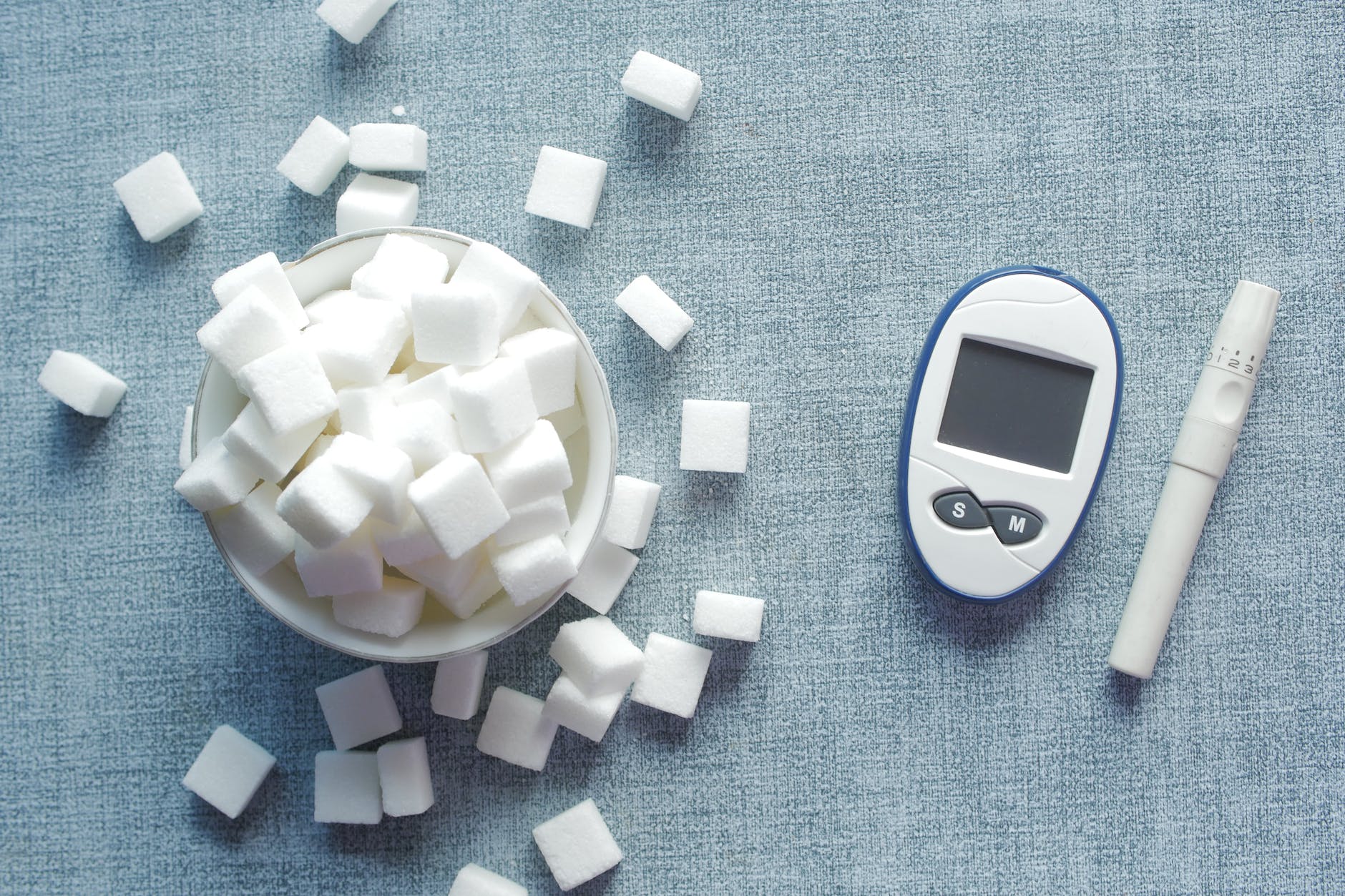Urgent Sugar Control: Understanding Your Body’s Insulin Response


Urgent Sugar Control: Understanding Your Body’s Insulin Response
We live in a world where sugar has become an integral part of our daily consumption. From the food we eat to the beverages we drink, sugar is omnipresent. Yet, few of us comprehend the gravity of sugar's impact on our body's insulin response. This article delves into the intricacies of sugar control and our body's insulin reaction, explaining why urgent control of sugar levels is imperative.
The Biology of Sugar and Insulin
Before diving into the heart of the matter, it's important to grasp the basic biology of sugar and insulin. We consume sugar primarily in the form of carbohydrates, which the body converts into glucose, a simple sugar. This glucose circulates in the bloodstream and provides the energy needed for our cells to function.
Our pancreas plays a vital role in this process. When glucose levels rise in the blood, the pancreas produces insulin, a hormone that facilitates glucose absorption by the cells. Once inside the cells, glucose is utilized for energy. Consequently, blood glucose levels decrease, and so does insulin production. This cycle continues, maintaining a balance of sugar and insulin in our bodies.
Impacts of High Sugar Consumption
High sugar consumption can disrupt this delicate balance. When we consume more sugar than our body requires, excess glucose floods the bloodstream. This forces the pancreas to produce more insulin to handle the surplus glucose. Over time, this excessive insulin production can exhaust the pancreas, leading to its decreased functionality or even failure.
Furthermore, high levels of circulating insulin can cause cells to become insulin resistant. In this state, the cells cannot efficiently absorb glucose, causing elevated blood sugar levels. This can lead to type 2 diabetes, heart disease, and other health complications.
Strategies for Urgent Sugar Control
Now that we understand the potential dangers of high sugar consumption, let's explore some strategies for urgent sugar control.
Monitor Your Intake
The first step is to monitor your daily sugar intake. Many foods and beverages, even those labeled as 'healthy', contain hidden sugars. Reading food labels and understanding the sugar content can help keep your intake in check.
Opt for Complex Carbohydrates
While it's crucial to limit sugar intake, we shouldn't eliminate carbohydrates altogether. Opting for complex carbohydrates, such as whole grains and legumes, can provide a steady release of glucose and prevent blood sugar spikes.
Incorporate Regular Physical Activity
Regular physical activity helps lower blood sugar levels by encouraging cells to use more glucose for energy. This reduces the demand for insulin and helps maintain insulin sensitivity.
Importance of Medical Supervision
While adopting these lifestyle modifications, it's equally essential to involve healthcare professionals. Regular health check-ups and blood sugar tests can help monitor your progress and adjust your regimen as needed.
Conclusion
Understanding your body's insulin response is the cornerstone of urgent sugar control. We can maintain a healthy balance by monitoring our sugar intake, choosing complex carbohydrates, and incorporating regular physical activity, always under the watchful eye of healthcare professionals.
The journey to urgent sugar control begins with understanding. We hope this article has shed some light on the complex relationship between sugar, insulin, and our body. Remember, it's never too late to start taking control of your sugar levels and live a healthier life. https://diabetescure4u.com/


